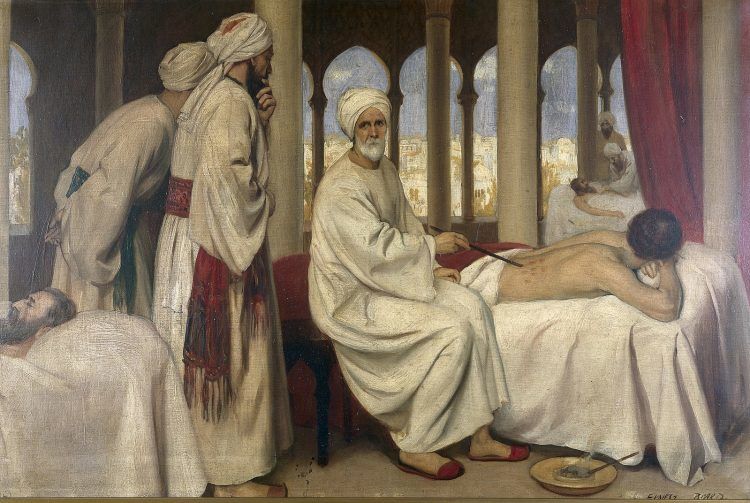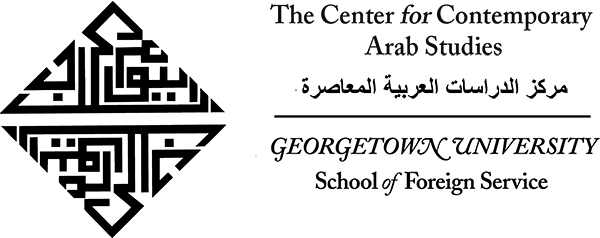Any attempt to understand the history and culture of the Iberian peninsula must take account of that ‘incredible Islamic legacy’ … ~ Richard Fletcher, Islamic Spain
Over a thousand years ago, Europe experienced one of its greatest periods of cultural enlightenment.

For more than three centuries in Medieval Spain, Muslims, Jews, and Christians lived together and prospered in a thriving multicultural civilization. Here, remarkable individuals of different faiths made lasting contributions in such areas as poetry, art, architecture, music, dining etiquette, science, agriculture, medicine, engineering, navigation, textiles, and even hydraulic technology.
Their rich, complex culture reached a high point in the Mediterranean Middle Ages. However, larger forces in conquest of land and power brought about puritanical judgments, absolutism, and religious extremism. The conflict they triggered extinguished the shared learning that once flourished in this enlightened land.
In 711, the Islamic Empire entered Spain, a land already rich in Christian Roman, Visigothic and Jewish cultures. By 732, the Islamic Empire united most of the peninsula, calling it Al-Andalus.
Jews and Christians worshiped freely without fear of persecution. Yet, in the following decades, Al-Andalus was an often turbulent melting pot of cultures and allegiances, including Amazighs (Berbers), Arab and native Muslims, Christians, and Jews.
During this time, Al-Andalus also witnessed the emergence of major figures, the birth of vital cities, the rise and demise of ruling dynasties, and decisive battles. All these contributed to a culturally rich, diverse, and thriving civilization.
Explore more history here.




